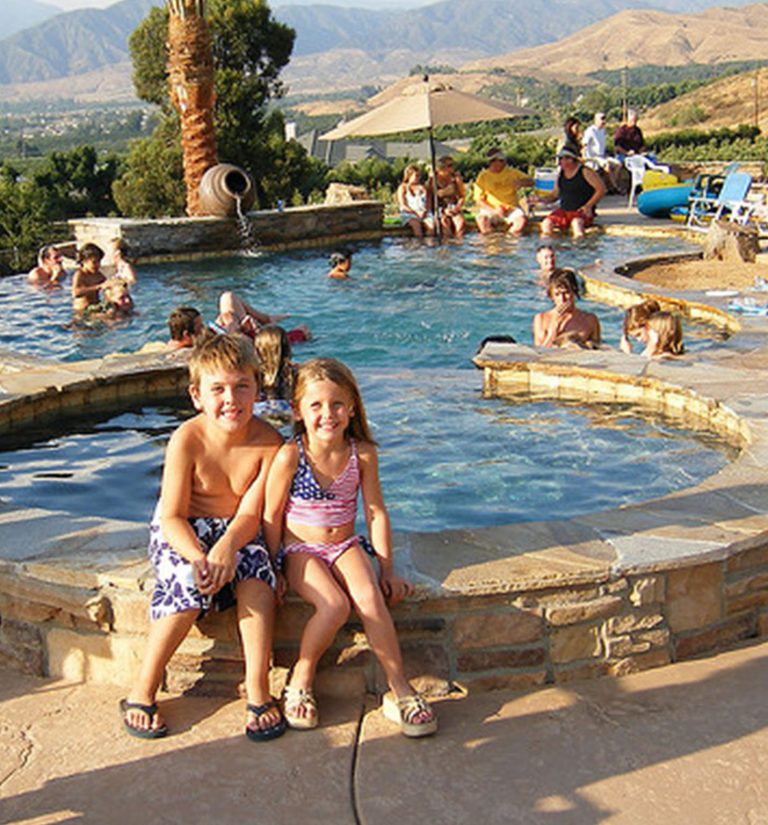 Though many people do have a good time at the neighborhood public pool, they probably don’t think of the health risks while they’re splashing around in the water. Read on to learn about the difference as it pertains to cleanliness of a public vs. a private pool.
Though many people do have a good time at the neighborhood public pool, they probably don’t think of the health risks while they’re splashing around in the water. Read on to learn about the difference as it pertains to cleanliness of a public vs. a private pool.
Public Pools
Unfortunately, there are a lot of negatives about using a public pool as it pertains to cleanliness. Often times this comes from the fact that you do not know the people using the pool and they may not take the same pride as you would in your own pool. Some people who utilize a public pool seem to have no compunction about using it as a restroom. Granted, a large number of these folks are children who do not know better, but unfortunately it is the risk of using a public pool. In addition, many people do not wash themselves off before they jump into a public pool.
In addition, because there are so many swimmers, the chlorine that is suppose to disinfect the water may not be as powerful to protect you and you may be more at risk for recreational water illness (or RWI). This causes rashes, ear and respiratory infections, diarrhea and other disorders of the gastrointestinal tract. It can even causes problems with the nervous system.
If the community pools is located indoors, swimmers may be at risk of respiratory problems. These include asthma, sneezing and irritated and congested lungs, especially if the pool is full of chloramine. This is a toxic brew of chlorine and human waste that forms an unhealthy layer above the surface of the water. The problems chloramine causes are especially dangerous for young children.
Private Pools
There are a lot of advantages of using a private pool. Not only is it more convenient to have it in your own backyard, but it is also has many advantages as it pertains to cleanliness. A private owner can request all who enter the pool to shower prior to not bring additional dirt and grime into the pool. In addition, those who enter the pool will take more pride in the fact that they know the owner. In addition, the limited number of swimmers also doesn’t overburden the chlorine that is supposed to disinfect the water. This greatly lowers the risk of recreational water illness.
Most private pool owners have their pools outdoors, so chloramines are not a pressing problem. Moreover, private pool owners have the option to use saltwater, or other water-cleaning systems that are not often used by public pools.
Professional Company
The conclusion is that unless the public pool is kept scrupulously clean, in most cases it is simply not very as healthy as a private pool. To learn more, contact Infinite Pools online or call 951-354-9888. We have the experience and knowledge to help you create and build the pool and yard of your dreams. Infinite Pools practices a hands-on approach to every job and is fully involved at all stages of your project to ensure it is completed to our exceptionally high standards.





